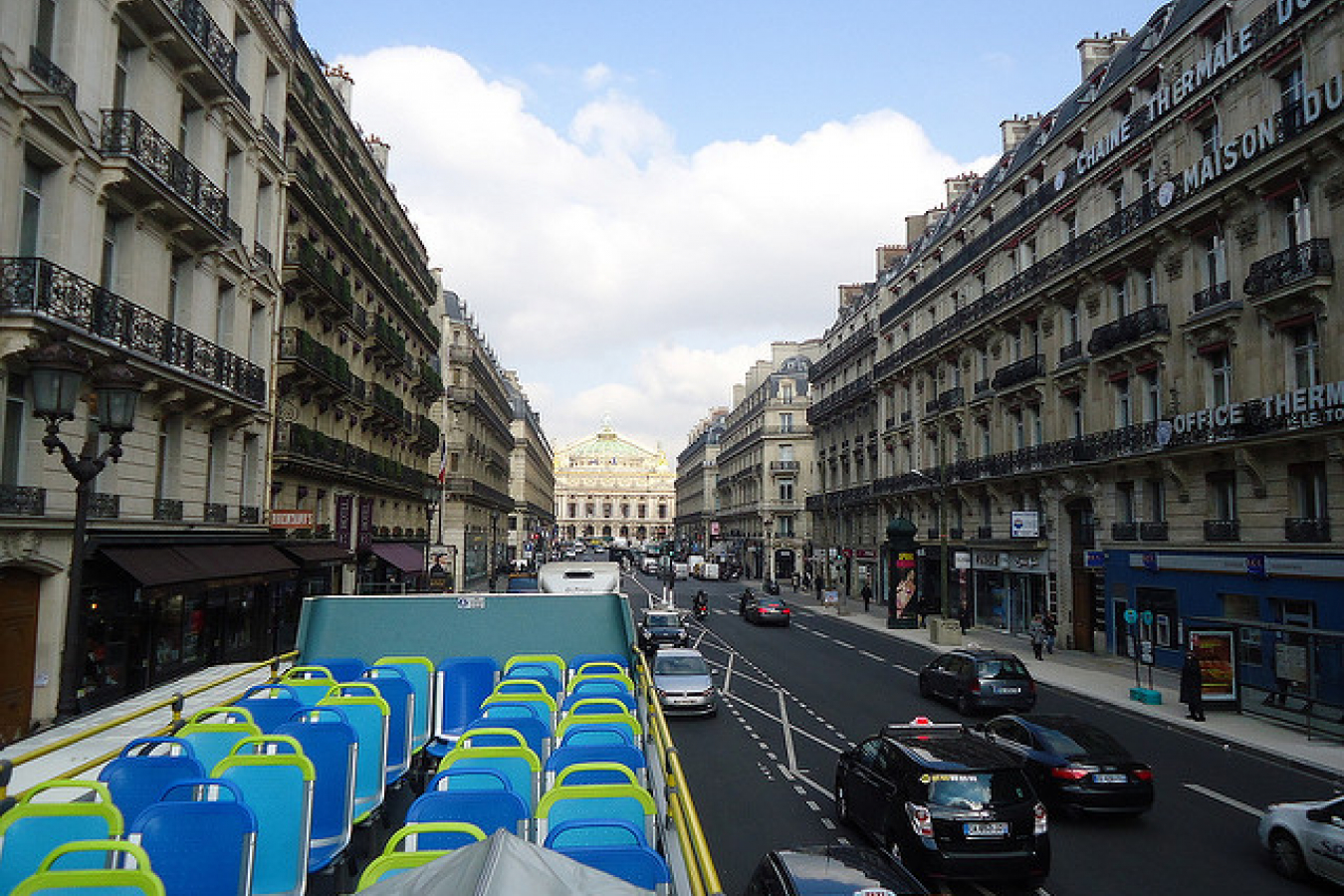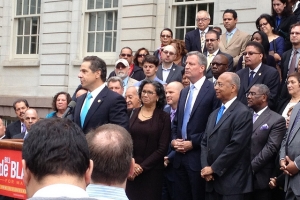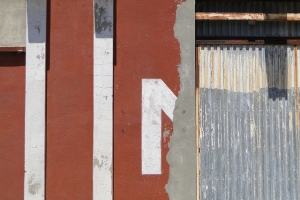Support migrant centric journalism today and donate

"I wake up at night sometimes because I'm afraid for my family. This building is not safe," said Ba, a 46-year-old Senegalese immigrant. "If a fire breaks out here, we are prisoners. We will die."
The deaths led to angry calls for action for the needy, and pointed out the poor living conditions of France's growing immigrant population. It is estimated 2 million people live in such conditions in Paris alone.
"Even in Africa, we might have been poor, but we didn't live like this," said Ba, who has lived with his family of six in a one-bedroom apartment since 2001.
Like the building that burned down last week, theirs was taken over by the government in 1991 to house immigrants. Such buildings are managed by associations that charge low rent and, according to advocacy groups, often ignore maintenance failures and overcrowding.
Progress has been made under Paris Mayor Bertrand Delanoe. Since 2001, the city has renovated 1,000 buildings that were considered unsanitary, bought more than 27 budget hotels to serve as low-income lodging and built 15,000 public-housing units.
In Paris, there are more than 100,000 outstanding requests for public-housing apartments.
"We have mice and cockroaches. There are leaks everywhere. Everything is rotting," said Aissatou Ba, 36. She pointed to crumbling plaster walls in their fourth-floor apartment, cracks in the ceiling and buckling linoleum floors.
All four children, ages 2 to 9, share the tiny bedroom, where clothing is piled on the floor.
The only way out is the front door using the building's common stairwell, which has no fire extinguishers. Paris apartment buildings have no fire escapes.
Last week's fire at the seven-story apartment building in southeastern Paris started under the staircase. A small open window on the top floor created a wind tunnel that stirred an inferno up the staircase, prosecutor Jean-Claude Marin said.
Interior Minister Nicolas Sarkozy ordered an inventory of all potentially dangerous and overcrowded buildings.
Housing rights groups say that while officials are quick to lament the plight of immigrants, nobody seems to take responsibility for the dangerous conditions.
They say that part of the problem is a shortage of subsidized apartments suitable for big families. Another problem is what many call a lack of political will when it comes to housing immigrants.
"It's not enough that officials cry every time a catastrophe happens," said Patrick Mony of GISTI, an immigrant advocacy group. "How many people need to die before they realize the problem?"





















